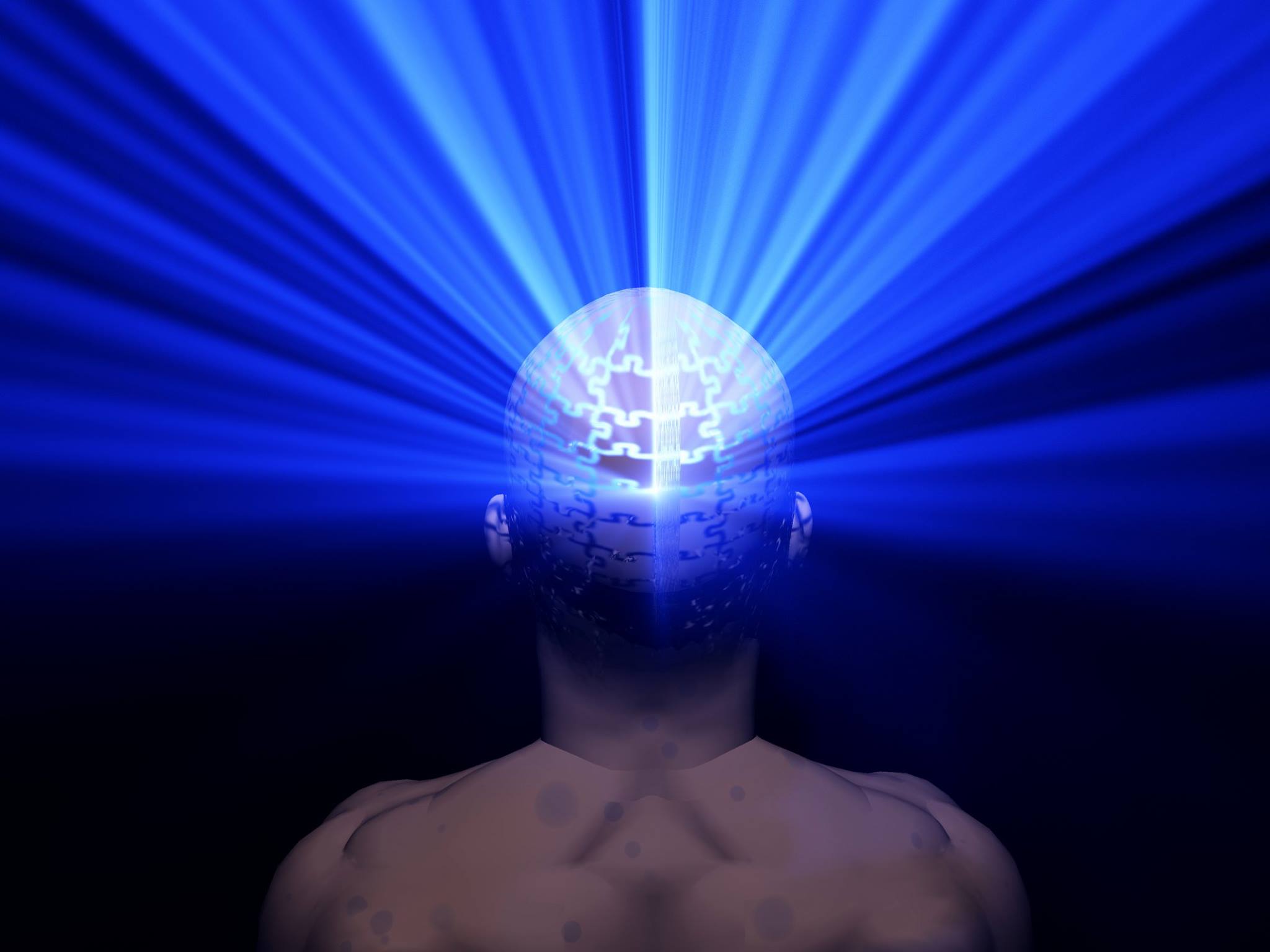
Talk Show Guests
TRIABRAIN Discovery
THE LEPOINT TRIABRAIN DISCOVERY: Dreaming is a process that merges and reconnects the left brain and right brain nightly, through the faith sector of your TRIABRAIN. Dreams serve to convert your short term memory to your long term memory, taps into your unconscious life plan, and helps you release fears associated with past and future events. Dreams come from your faith sector of the brain that is independent of time and space. And dreams purpose is for you to be 100% aware in the present moment.
BRAIN TIP
Episode 19:
Decoding Your Dreams
Season 2 Air Date: October 12, 2016 on KPC Radio

What does your dream mean? Does everyone dream? What does it mean if I do not dream? How often do nightmares happen? What does it mean when my dreams come true? Every person on the face of this planet needs sleep, and during this natural biological process sleep a person has dreams. But often people are left with unanswered questions about what is happening in their brain while they sleep. And sometimes dreams come when a person is wide awake. Many people wonder what their dreams mean. Today Olympia LePoint explains the science behinds dreams, how to decode them, and the message they are attempting to communicate to you when you experience them.
TRIABRAIN:
Backstory

Researchers explain why some people can remember their dreams while others cannot. In the Scientific American Magazine Article “The Science Behind Dreaming” written by Sander van der Linden on July 26, 2011, the article shares a study based out of Italy. Cristina Marzano and her colleagues at the University of Rome explained that a signature pattern of brain waves explains that people who remember their dreams have more low frequency theta waves in the frontal lobes.
Further, her team also use MRI techniques to witness that deep-brain structures change during dreams. The researchers found that vivid, bizarre and emotionally intense dreams are linked to reshaping the amygdala and hippocampus. The amygdala processes emotional reactions to memories, and the hippocampus reboots the brains storage by converting information from short-term to long-term memory.

